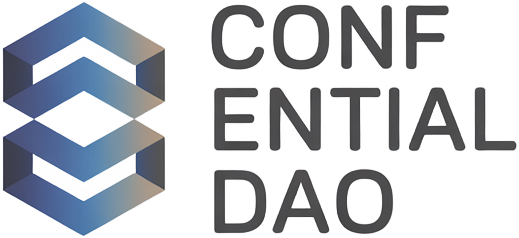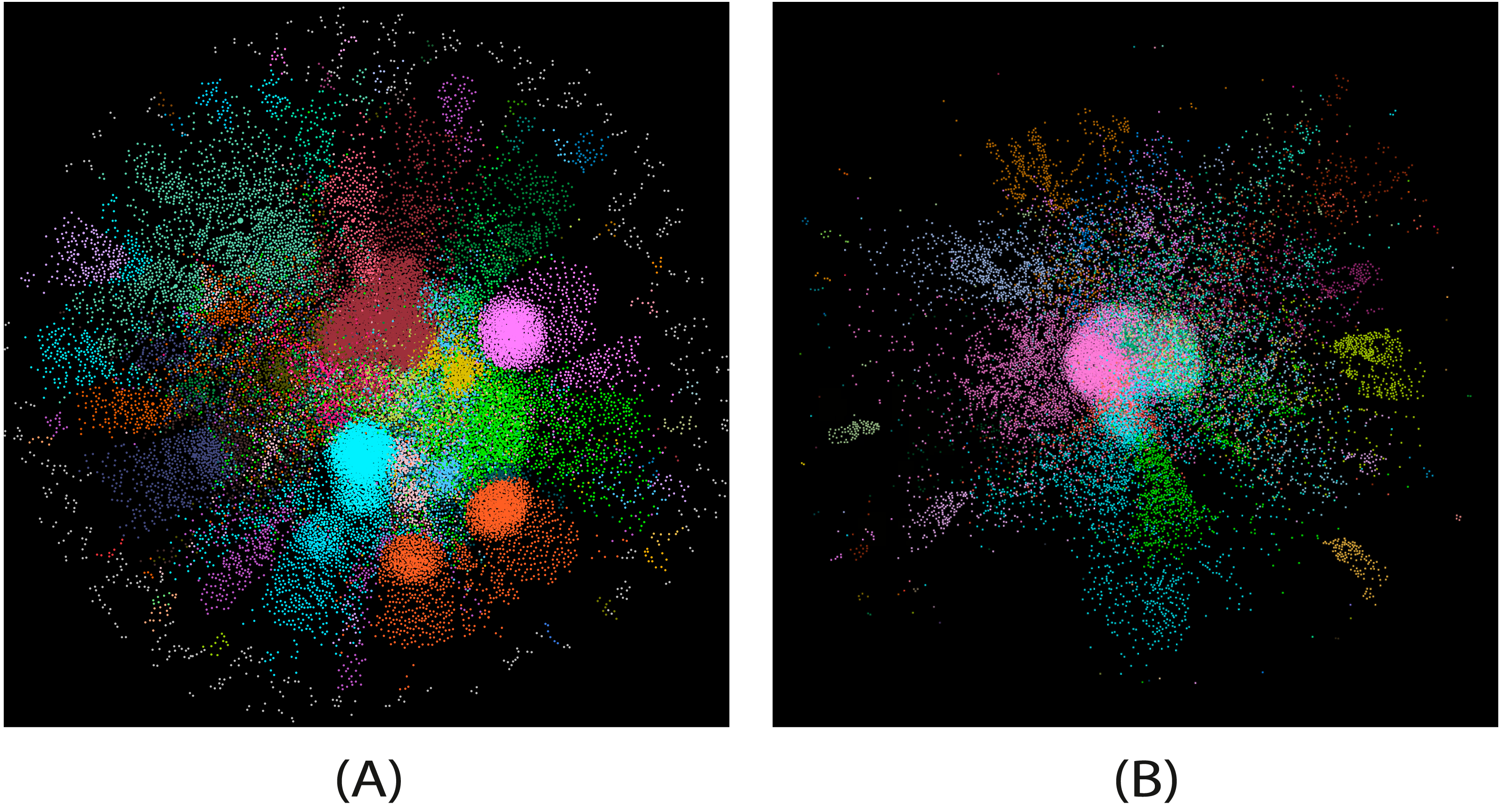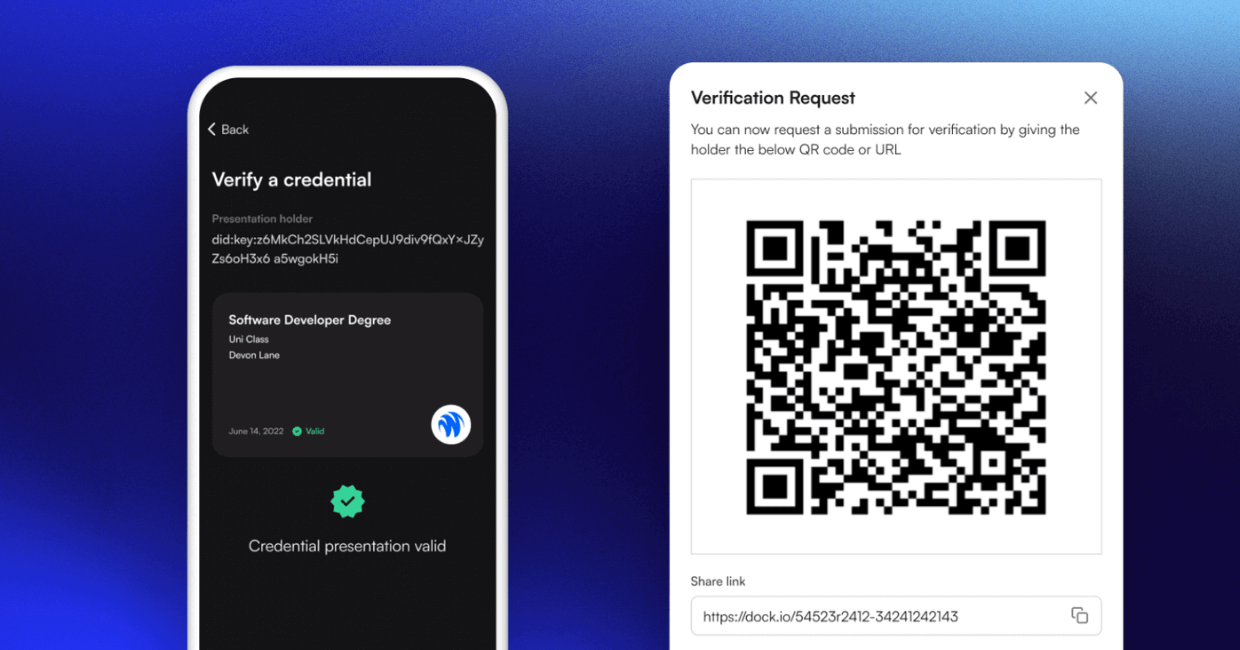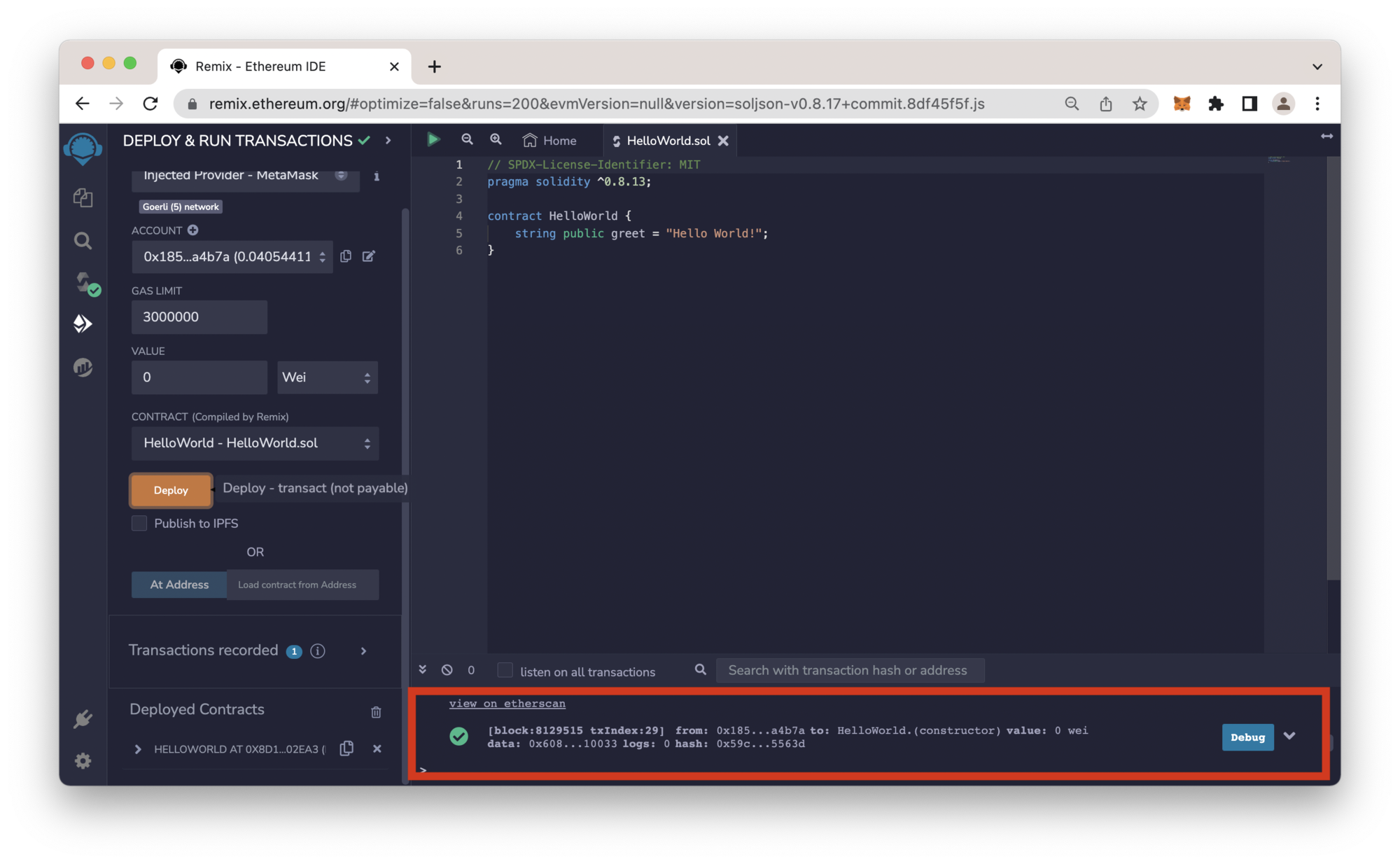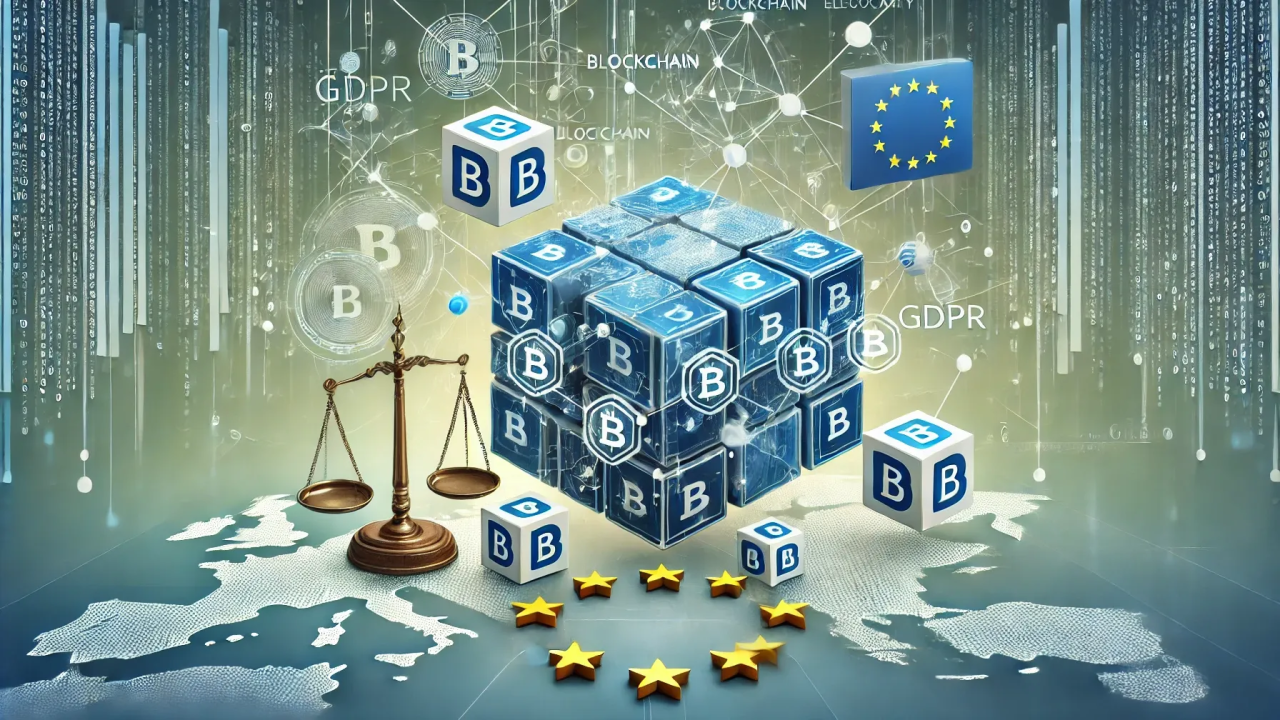
Decentralized Autonomous Organizations (DAOs) are rapidly transforming the data economy, shifting power from centralized corporations to individuals and communities. In this new paradigm, Data DAOs stand out as a promising model for ensuring both privacy and data ownership. These organizations enable users to contribute their data, collectively govern its use, and share in the economic upside, all while leveraging advanced privacy-preserving technologies.
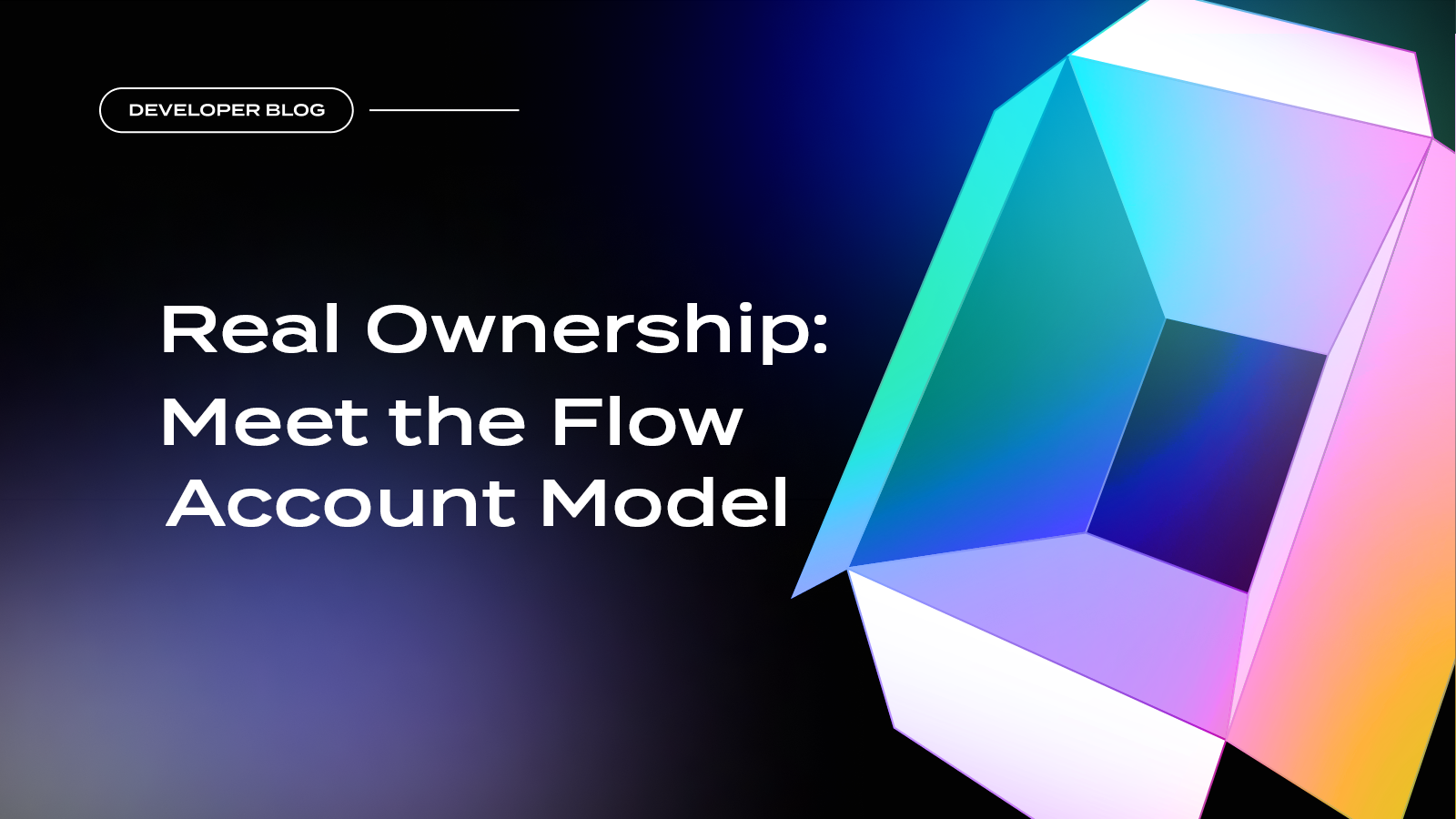
Why Data DAOs Matter in Today’s Data Economy
The traditional model of data ownership has been dominated by large tech companies that extract, silo, and monetize user information with minimal transparency. With the rise of generative AI, this dynamic is under renewed scrutiny. The question is no longer just who owns your data, but who decides how it’s used, and whether you benefit from it.
Data DAOs offer a compelling alternative: individuals pool their data into a cooperative governed by tokenized voting rights. Members decide how their collective data is accessed or monetized, directly influencing outcomes rather than relying on opaque third parties. This approach is already being piloted by projects like DNA DAO on Vana, where users reclaim control over their genetic information amid concerns about potential misuse by companies such as 23andMe.
Core Technologies Enabling Privacy and Ownership
The promise of Data DAOs hinges on robust technical solutions that prioritize privacy without sacrificing usability. Here are the foundational technologies making this possible:
Key Technologies Powering Private Data DAOs
-
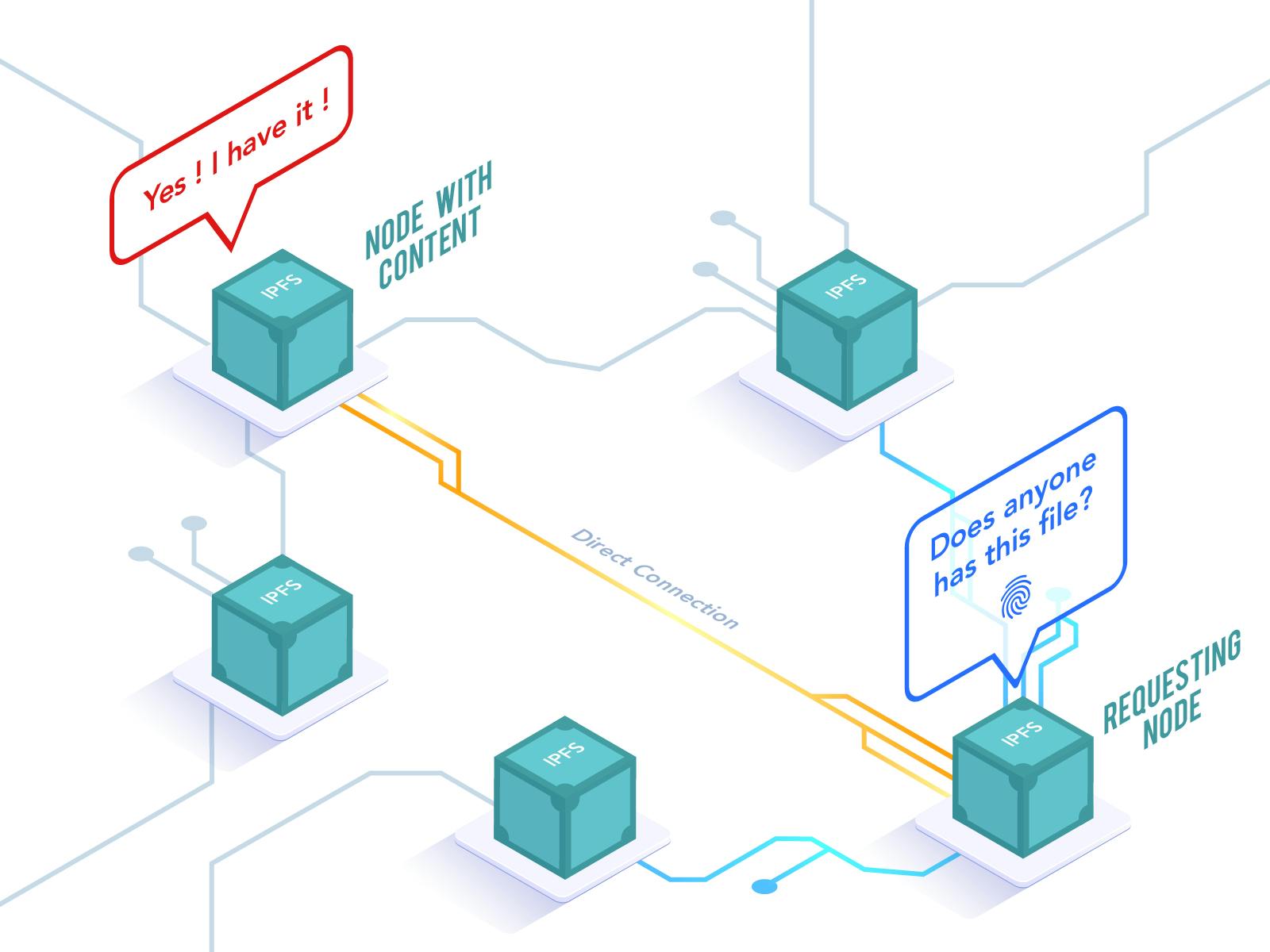
InterPlanetary File System (IPFS): IPFS is a decentralized storage protocol that distributes data across a peer-to-peer network, reducing reliance on centralized servers and enhancing both security and censorship resistance for Data DAOs.
-
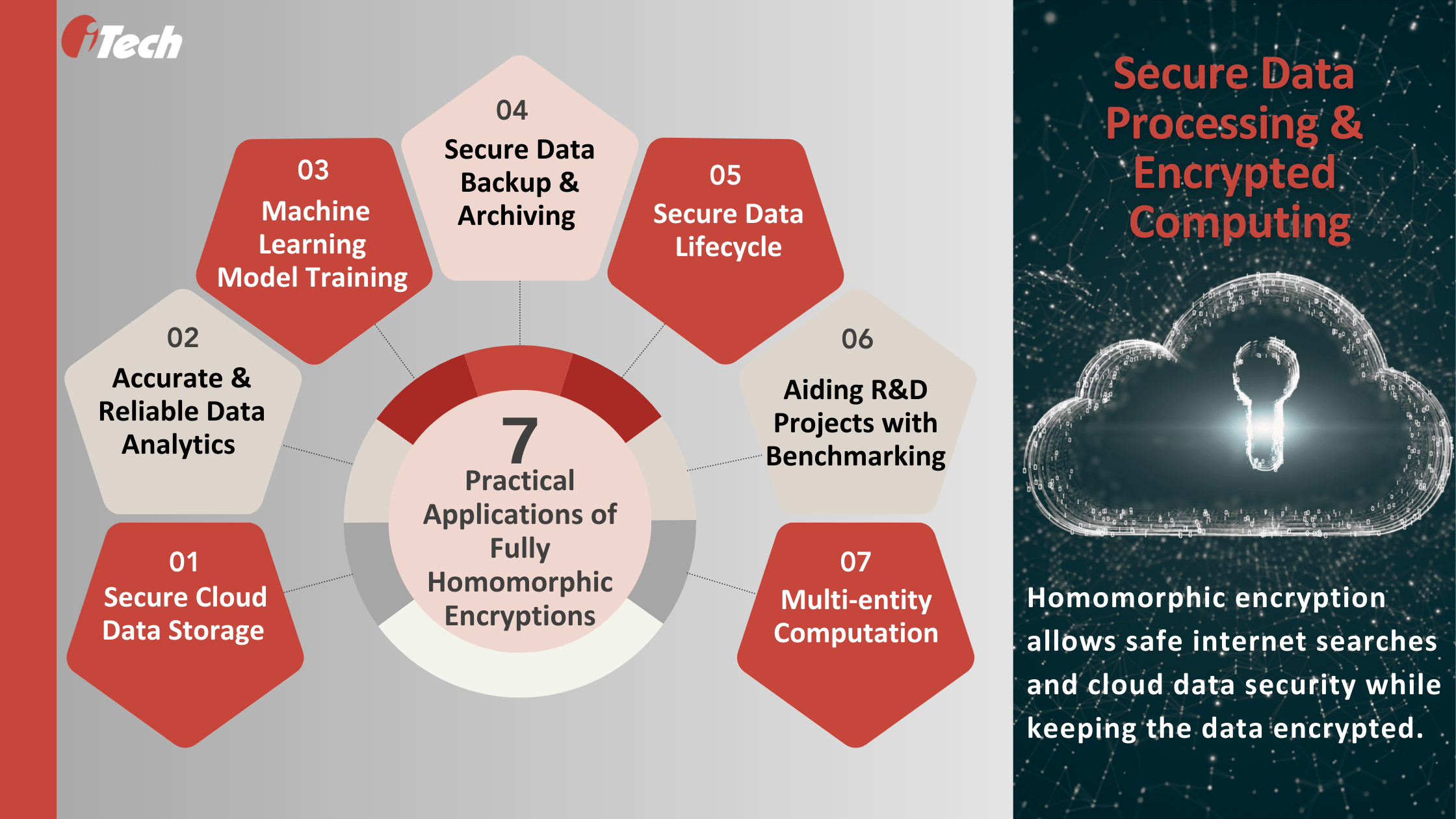
Homomorphic Encryption: This advanced cryptographic technique allows computations to be performed directly on encrypted data, ensuring that sensitive information remains confidential even during analysis within Data DAOs. (Learn more)
-
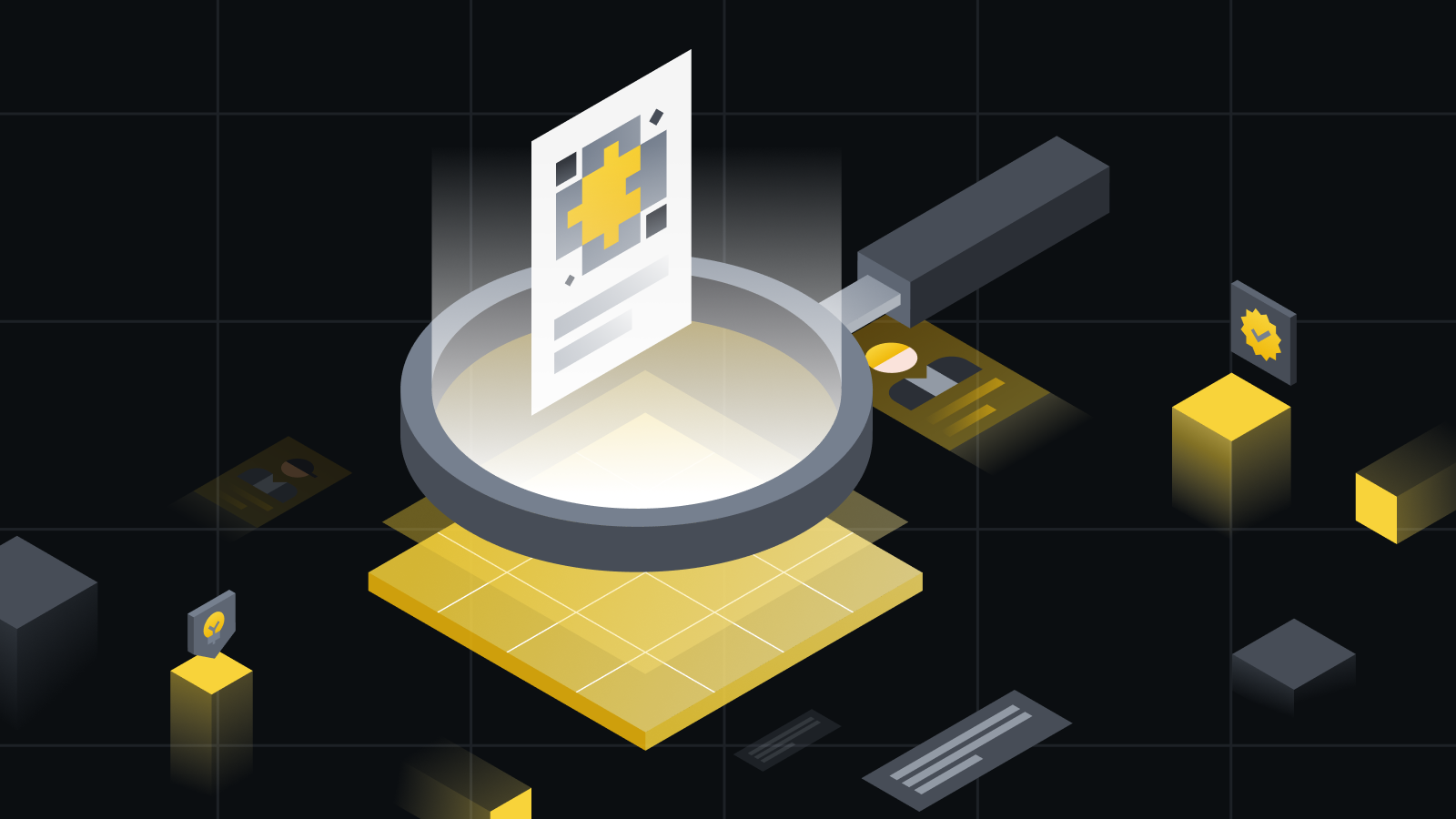
Zero-Knowledge Proofs (ZKPs): Protocols like zk-SNARKs enable users to prove the validity of data or transactions without revealing the underlying information, supporting privacy-preserving governance and decision-making in Data DAOs.
-
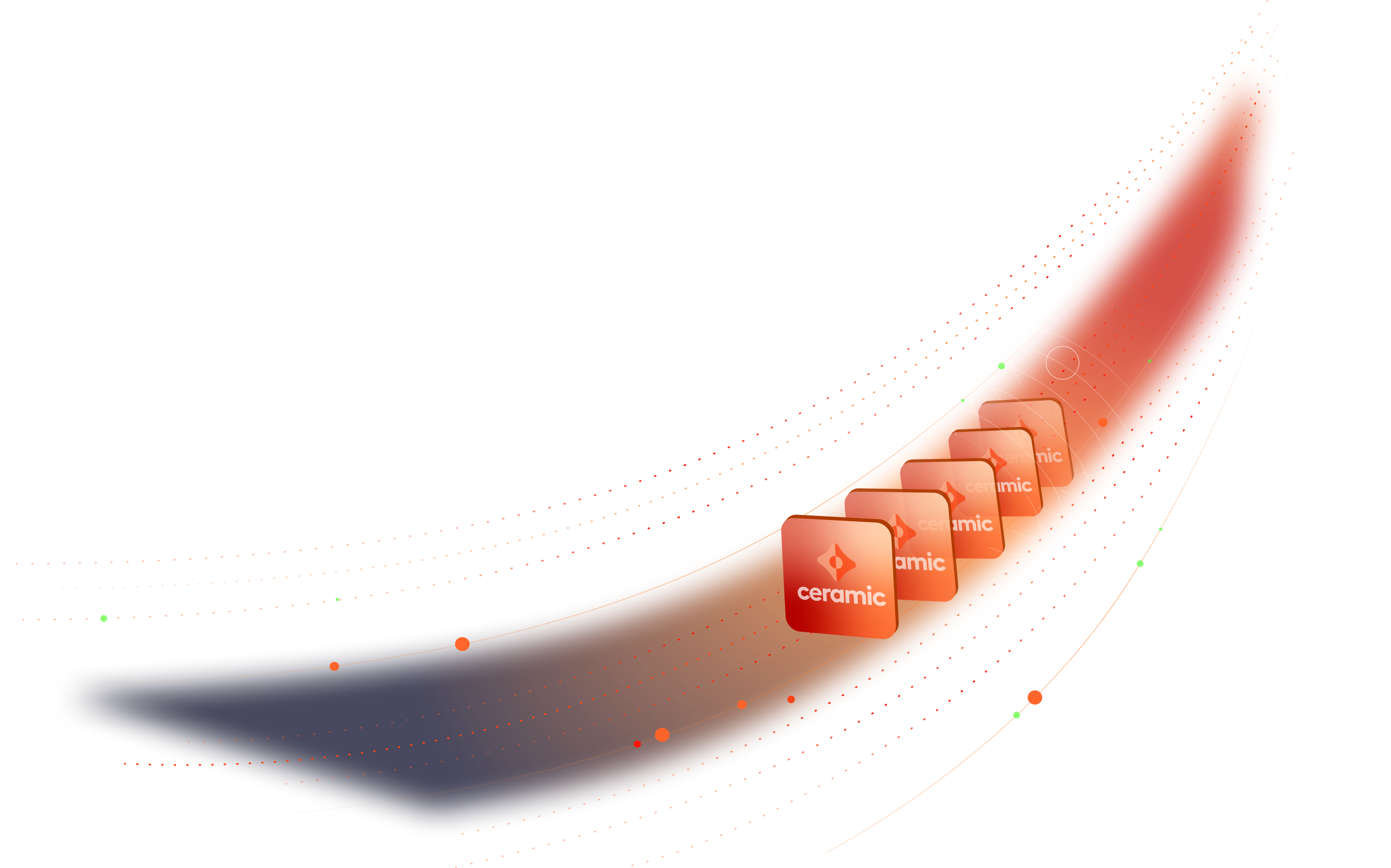
Decentralized Identity Solutions (e.g., Ceramic, ENS): Platforms such as Ceramic and Ethereum Name Service (ENS) empower users with self-sovereign identities, allowing for secure authentication and consent management within Data DAOs.
Blockchain technology ensures transparent, immutable record-keeping. Every transaction or change in data usage policy is logged on-chain, providing an auditable trail that builds trust among participants without exposing sensitive details. As highlighted by MentorWaves, decentralized storage platforms like IPFS distribute encrypted data across a network instead of relying on single servers, mitigating risks of breaches or censorship.
On the cryptography front, techniques such as homomorphic encryption and zero-knowledge proofs empower DAOs to process or analyze user-contributed datasets without ever revealing raw information to unauthorized parties. This enables collaborative AI training or analytics while maintaining strict confidentiality, a critical advantage as regulatory scrutiny intensifies worldwide.
The Governance Layer: Consent Management in Practice
If technology forms the backbone of Data DAOs, governance is their beating heart. Effective DAO consent management means more than just ticking a box; it requires ongoing transparency and clear mechanisms for users to grant or revoke permissions over time.
This participatory framework addresses several pain points in contemporary data sharing:
- User empowerment: Token holders vote on proposals regarding who can access the DAO’s aggregated dataset, and under what conditions.
- Transparent incentives: Economic rewards are distributed according to pre-agreed rules when third parties license or utilize pooled data assets.
- Evolving consent: Members can update their preferences as needs change or new opportunities arise, a flexibility that centralized models rarely offer.
The result? A system where community-driven decision-making replaces unilateral corporate control, an ethos at the core of Web 3.0’s vision for decentralized data ownership (
Key Technologies Powering Privacy & Ownership in Data DAOs
-
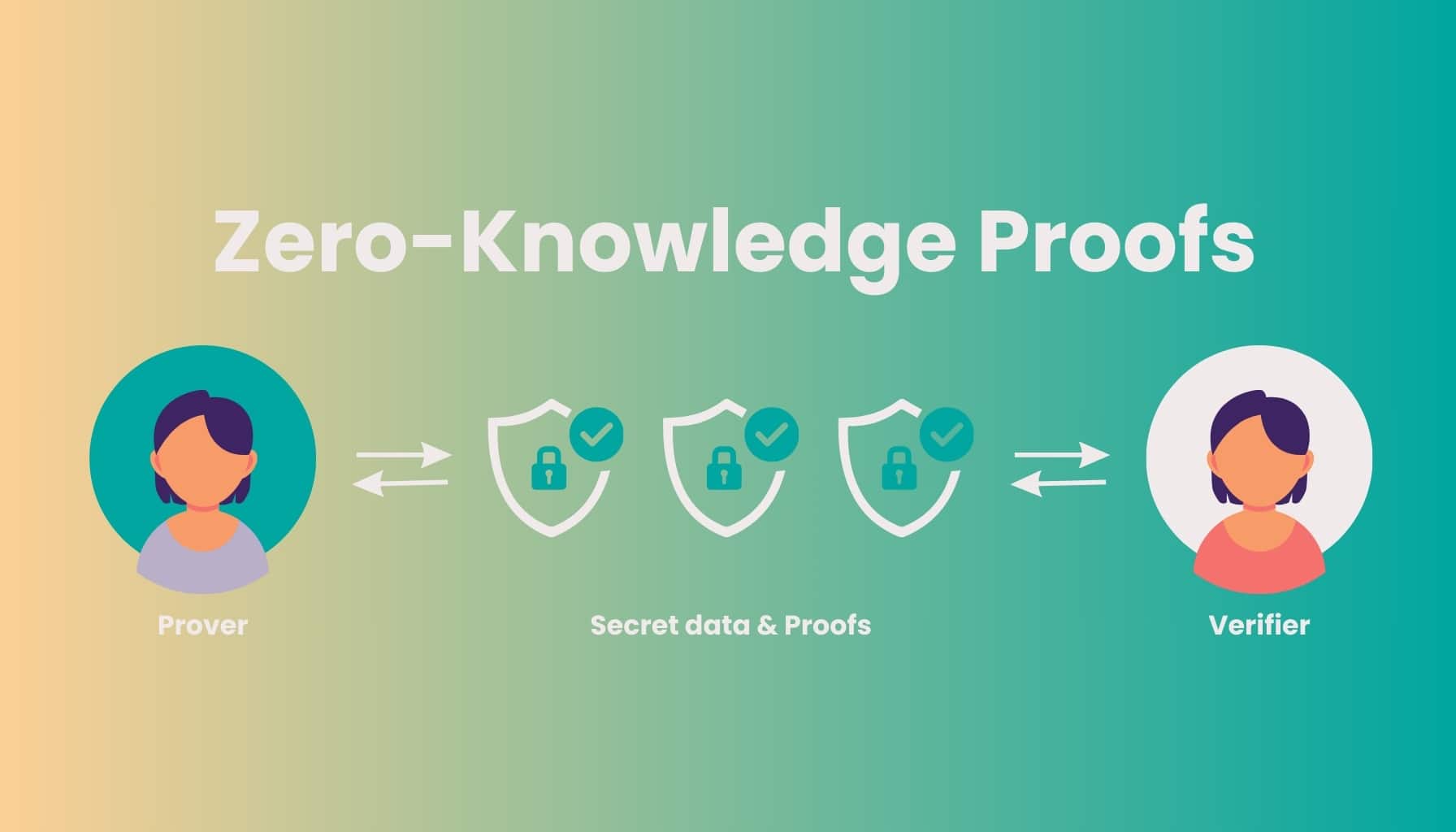
Zero-Knowledge Proofs (ZKPs): ZKPs, such as those used in Zcash and Aztec Protocol, allow users to prove the validity of information without revealing the actual data, enabling privacy-preserving data sharing and governance within DAOs.
-
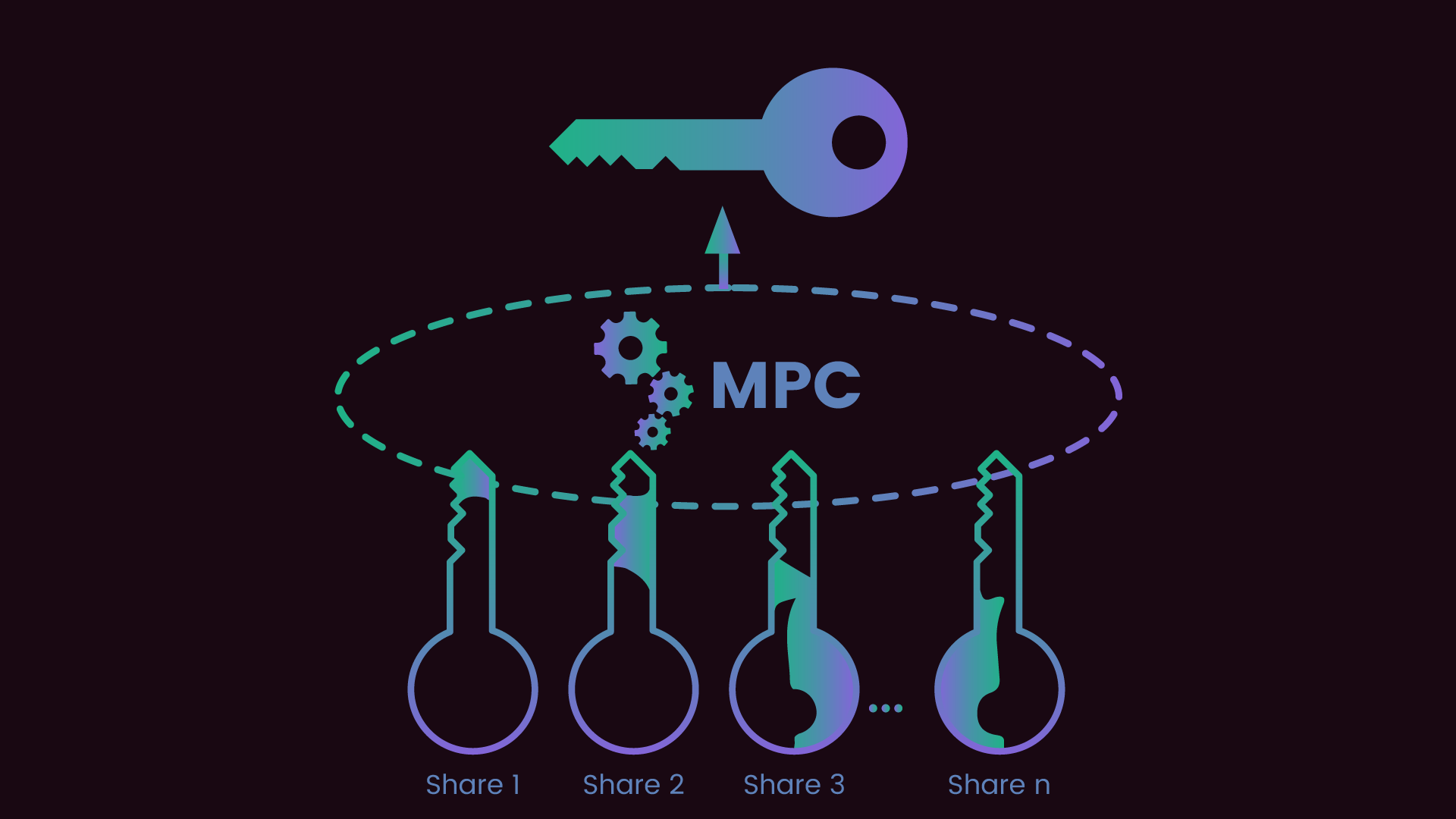
Secure Multi-Party Computation (SMPC): SMPC frameworks like Partisia Blockchain enable multiple parties to jointly compute functions over their inputs while keeping those inputs private, supporting confidential analytics and decision-making in decentralized data economies.
-
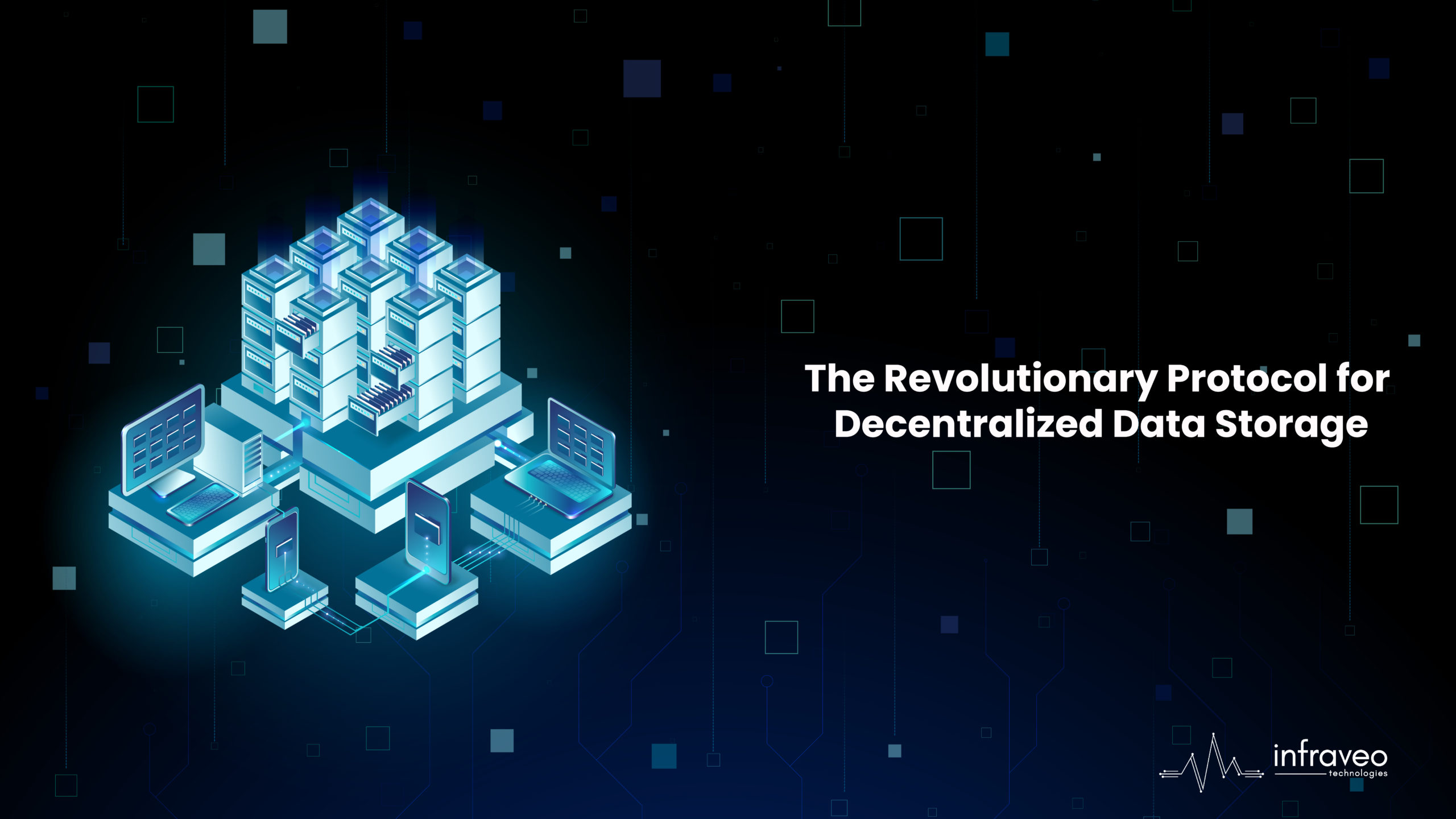
Decentralized Storage Networks: Platforms like InterPlanetary File System (IPFS) and Filecoin distribute data across global nodes, reducing single points of failure and ensuring users retain ownership and control over their data assets.
).
“The real breakthrough isn’t just in how data is stored or encrypted, but in how consent and value distribution are automated for every participant. Data DAOs are finally making the idea of user-owned data practical, not just theoretical. “
Consent management within a DAO is dynamic by design. Instead of static terms-of-service agreements, participants can propose, debate, and vote on data-sharing frameworks, such as allowing anonymized training for AI models or restricting access to specific research domains. This fluidity is particularly relevant as regulatory landscapes evolve and new use cases emerge.
Challenges at the Intersection of Privacy, Adoption, and Compliance
While the vision is compelling, building a privacy-preserving Data DAO is not without real-world friction. Regulatory compliance remains a moving target as jurisdictions like the EU and California continually update rules around personal data processing. Smart contract logic must be sophisticated enough to enforce granular consent choices while remaining adaptable to new legal interpretations.
Recent research underscores the importance of integrating privacy-by-design at every layer: from cryptographic primitives to user interfaces that clearly communicate rights and responsibilities. As highlighted by experts at Gies College of Business, technical safeguards such as per-user encryption keys are essential but not sufficient, users need assurance that they can exit or modify their participation without residual risk.
Key Practical Challenges Facing Data DAOs
-
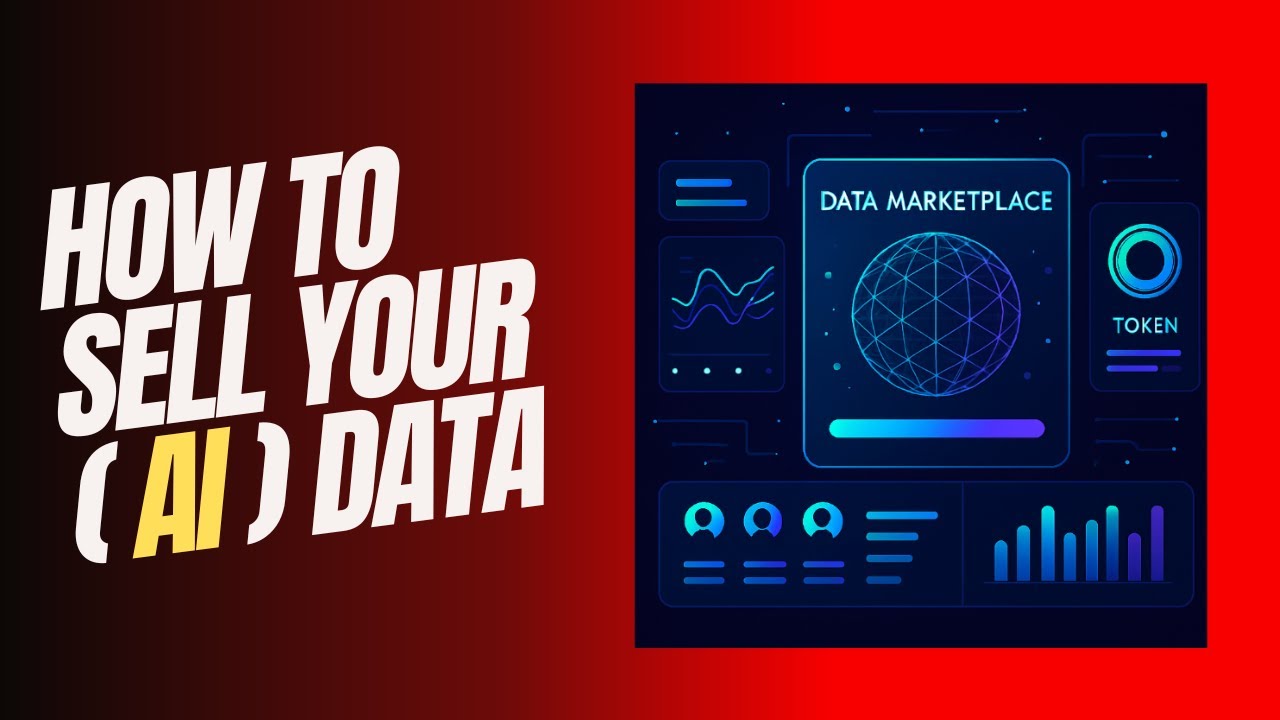
Onboarding Non-Technical Users: Many Data DAO platforms, such as Vana, face hurdles in making decentralized participation accessible to users without blockchain or crypto experience, requiring intuitive interfaces and comprehensive support.
-

Ensuring Economic Sustainability for Contributors: Data DAOs must design fair incentive models to reward data contributors. Projects like Ocean Protocol experiment with token-based rewards, but balancing profitability and equitable distribution remains complex.
-
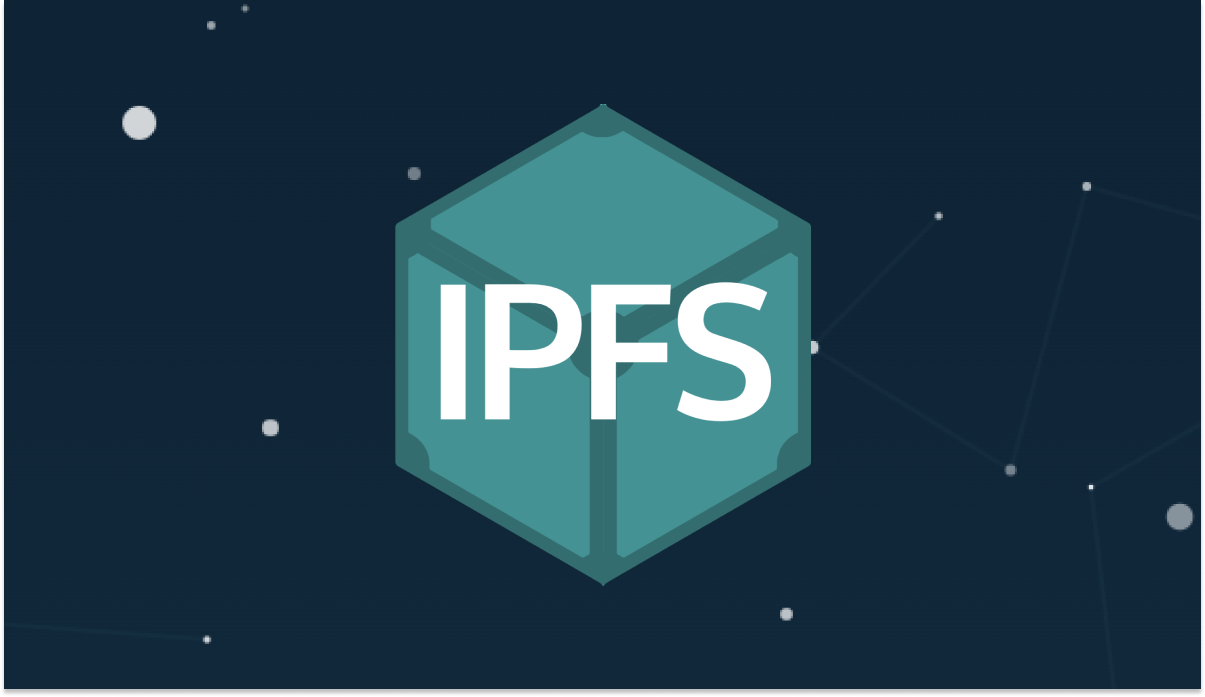
Maintaining Data Privacy and Security: Implementing privacy-preserving technologies—such as IPFS for decentralized storage and advanced cryptographic protocols—requires ongoing technical innovation and vigilance against emerging threats.
-
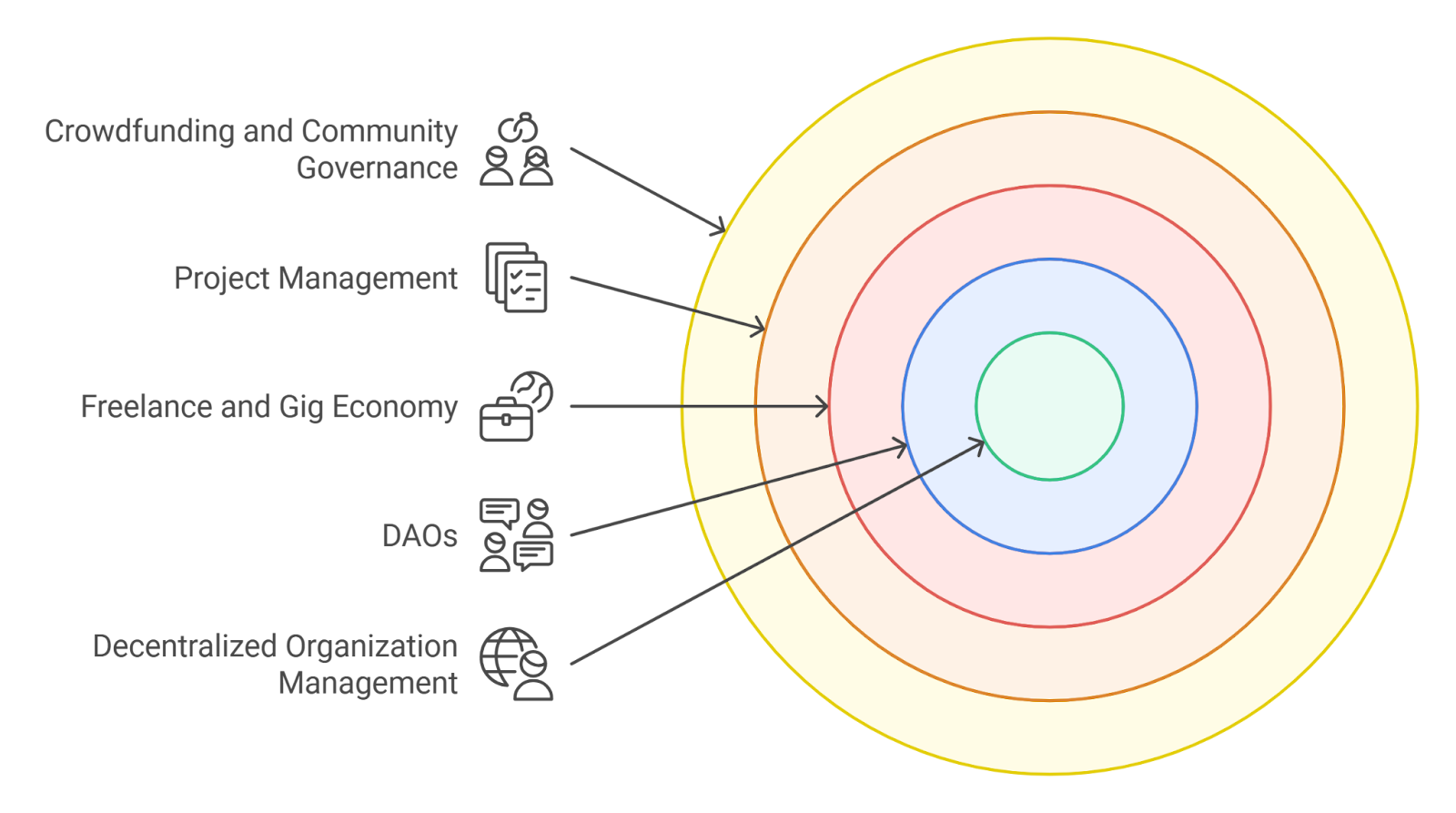
Establishing Transparent and Effective Governance: Collective decision-making frameworks, as seen in DAOs like DAOhaus, must balance inclusivity, efficiency, and resistance to manipulation, which is particularly challenging when governing valuable and sensitive data assets.
User adoption also hinges on trust and tangible benefits. For many individuals, the leap from passive data subject to active DAO member requires education on both risks and rewards. Projects like Vana’s DNA DAO have shown that when people understand how their genetic or behavioral data can be monetized securely, and even used to train AI models they co-own, they become more willing to participate.
Looking Ahead: The Roadmap for Private Data Sharing on Blockchain
The convergence of decentralized governance, advanced cryptography, and user-centric incentives signals a major inflection point in digital privacy. As Web 3.0 matures, expect private data sharing blockchain architectures to become more accessible, abstracting away complexity so everyday users can safely join decentralized economies without deep technical knowledge.
The next wave will likely see further integration with decentralized identifiers (DIDs) and self-sovereign identity standards. These upgrades will allow users to prove eligibility or reputation without ever exposing underlying personal information, a game changer for sectors like healthcare, finance, or personalized AI services.
The question is no longer whether decentralized data ownership will matter, it’s how quickly these models will scale beyond early adopters into mainstream applications. With regulatory scrutiny rising and public awareness growing around digital rights, Data DAOs offer a blueprint for an internet where privacy isn’t an afterthought but a foundational principle.
